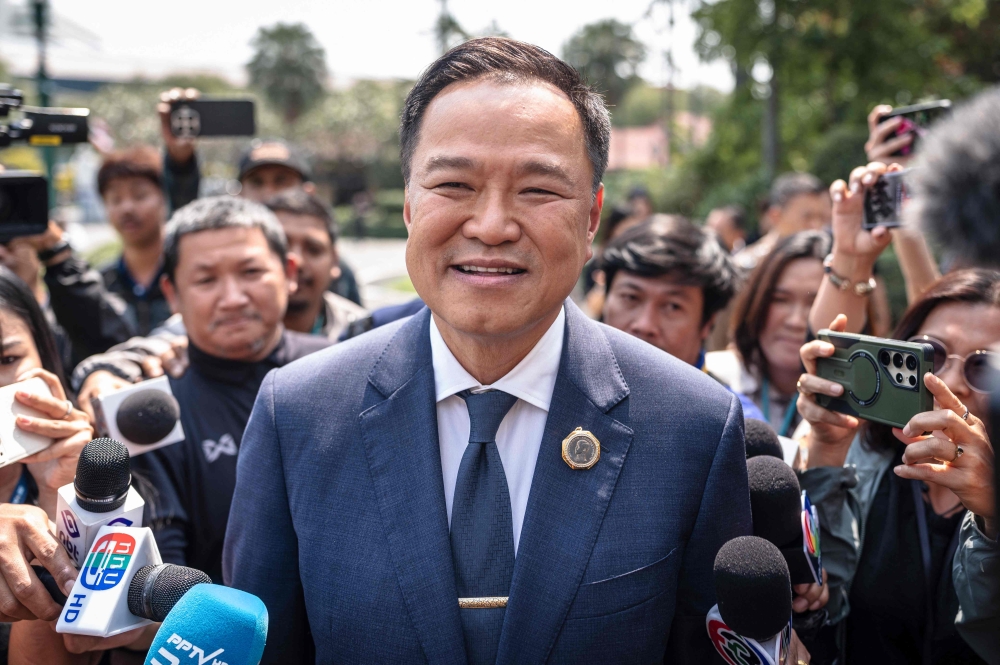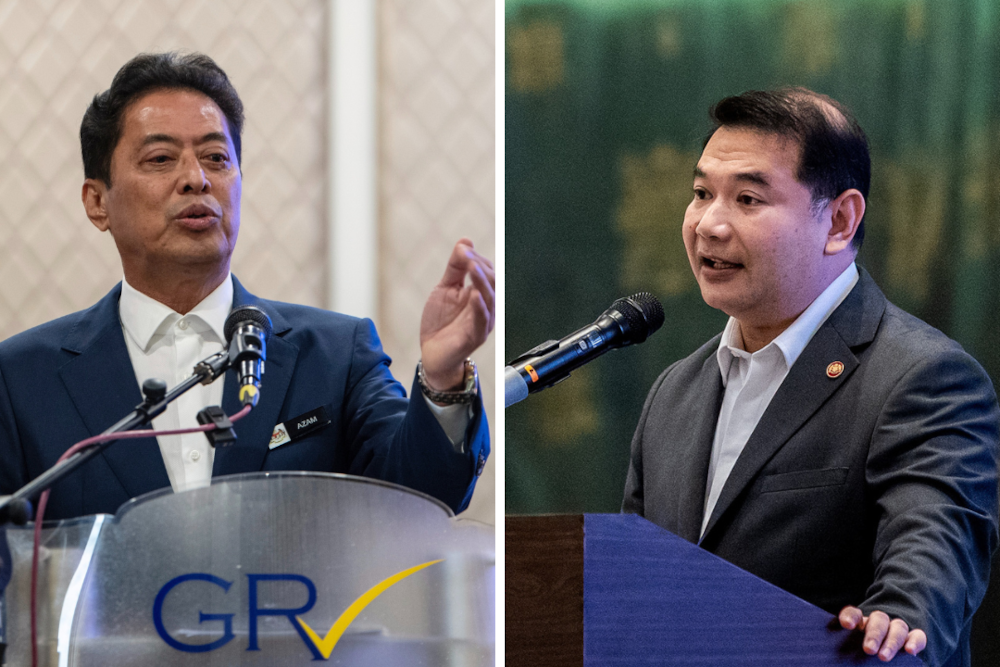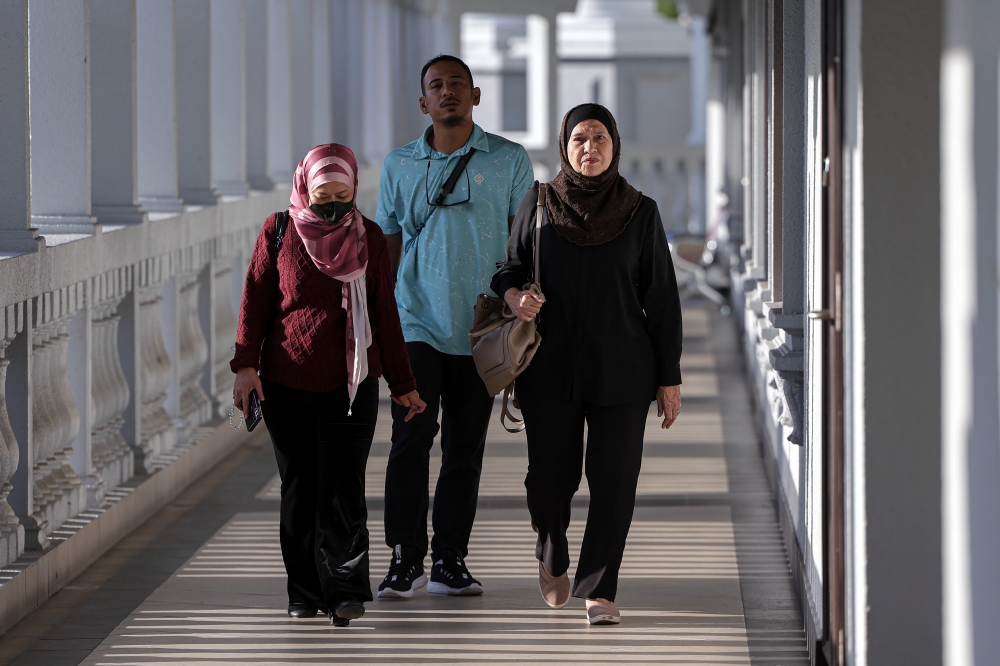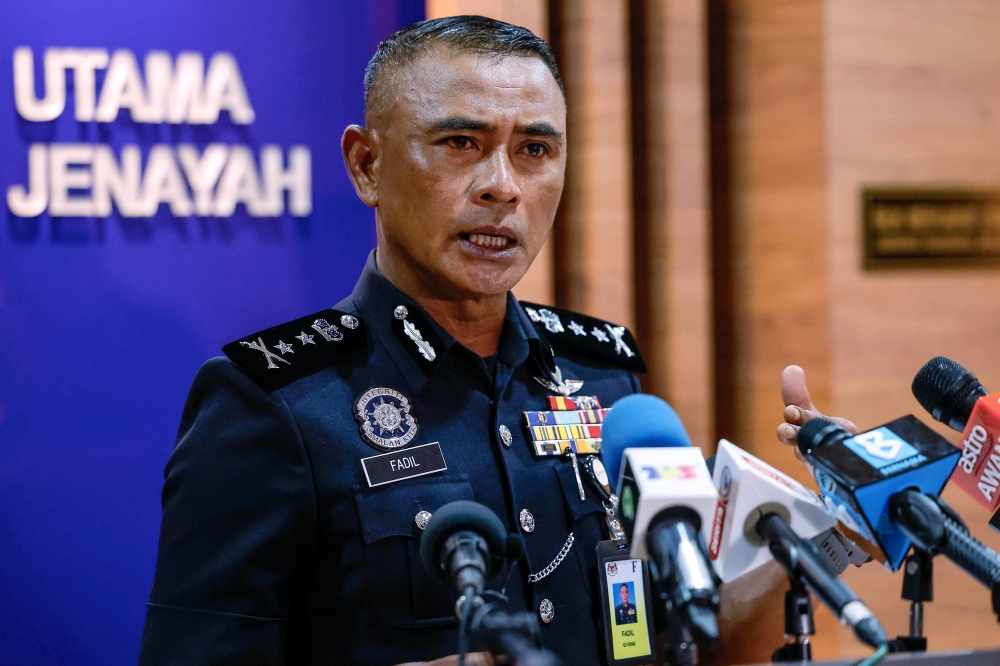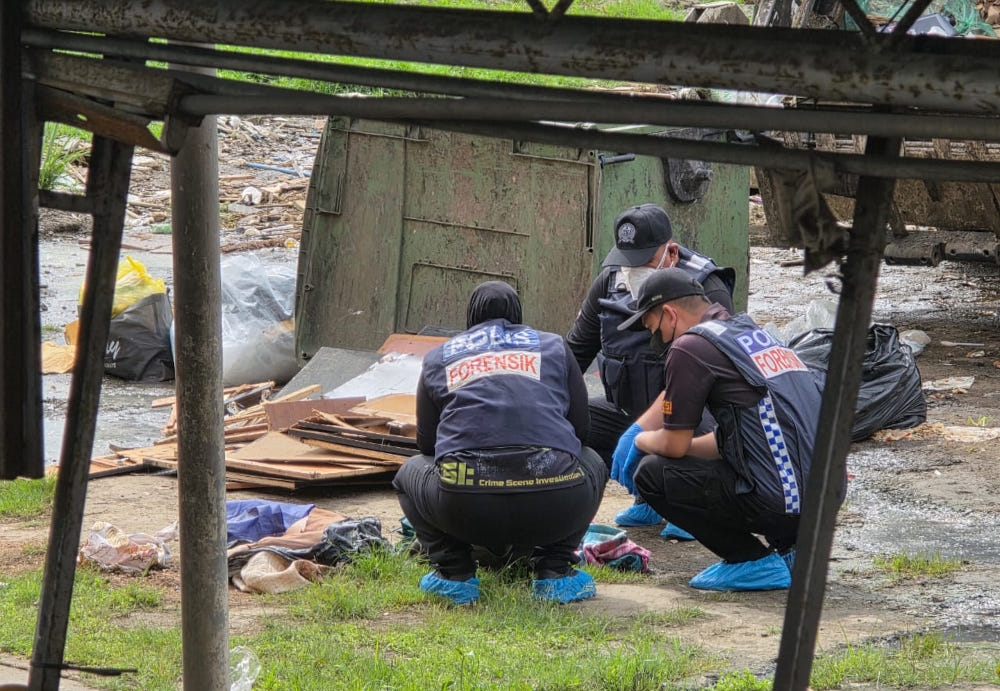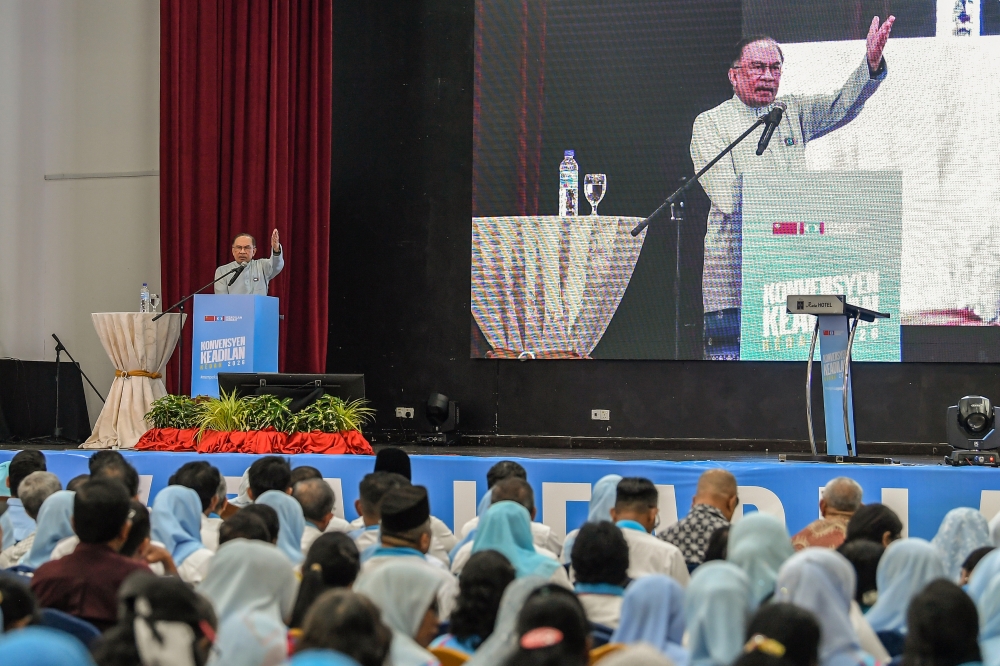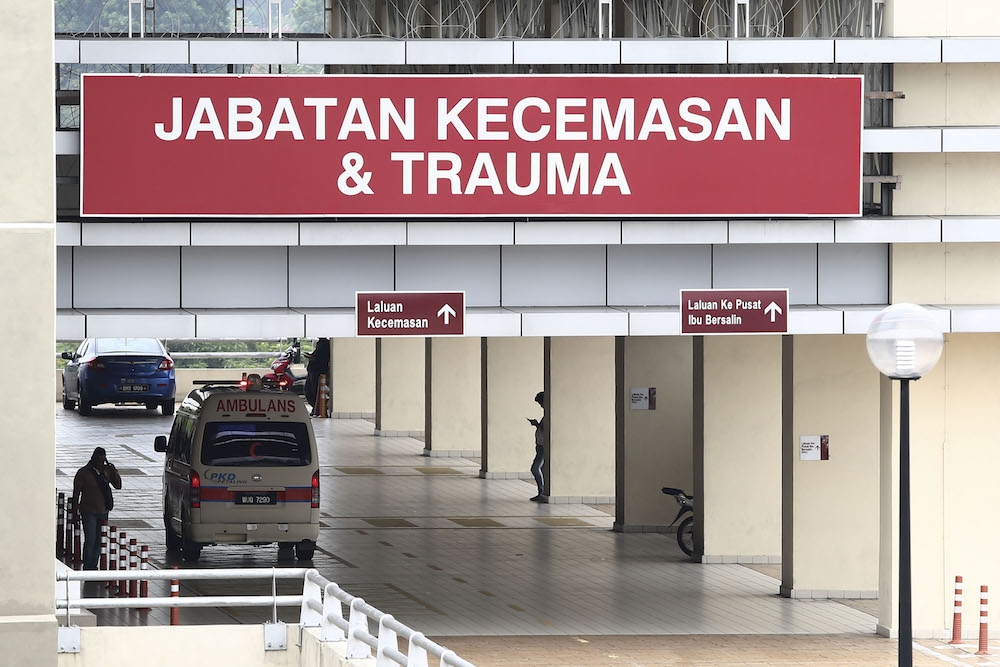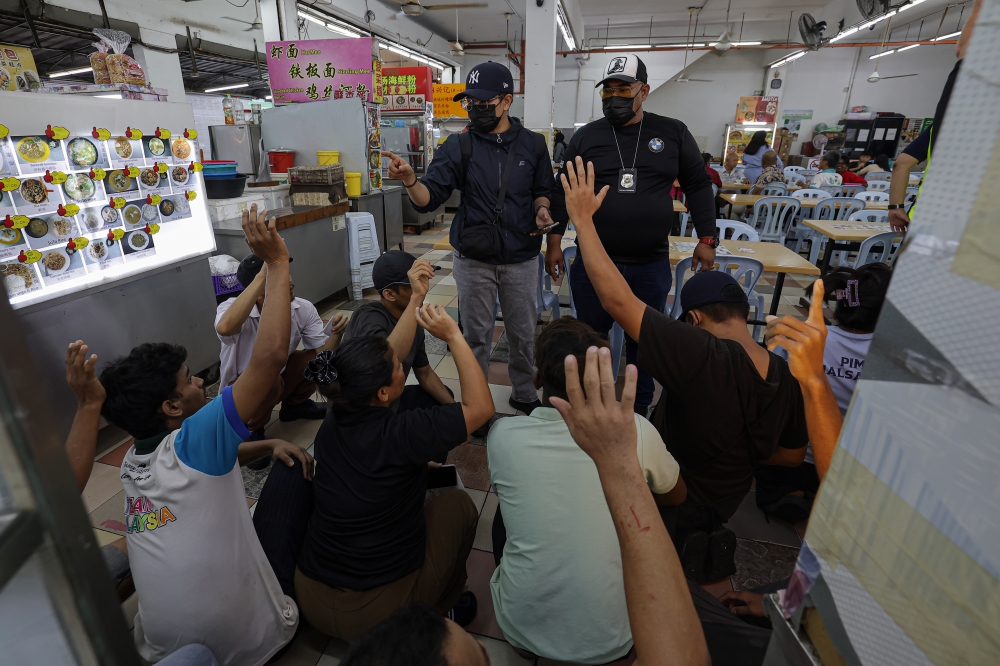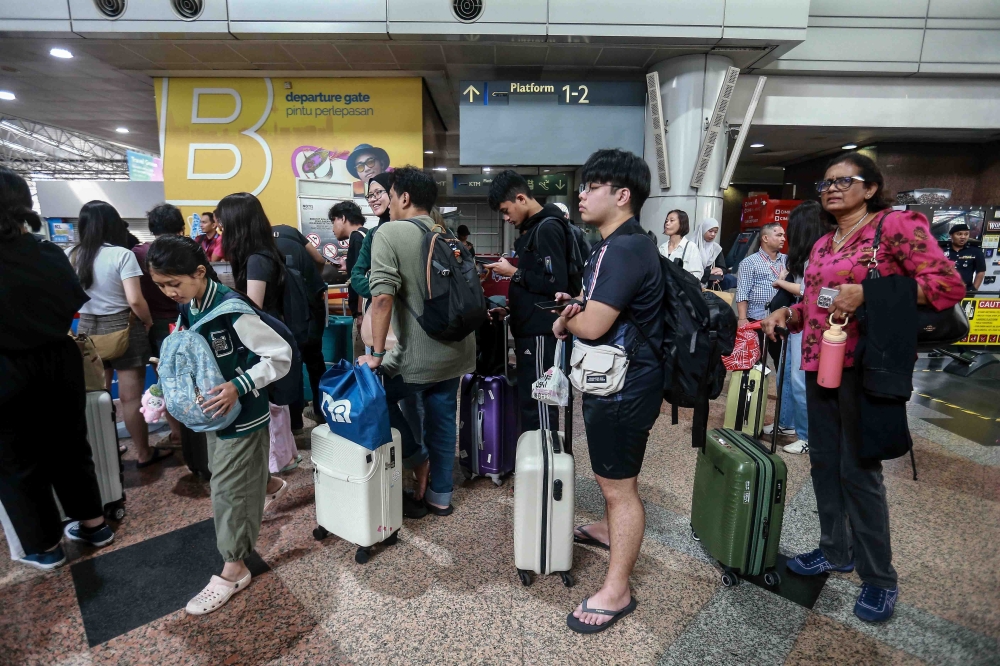JUNE 2 — East Malaysia is inundated with families from far and near to mark the harvest festivities. Normal, after two painful pandemic years.
Hugs, music, dances and beverages. Tales regaled and gossips whispered. Invariably, the conversation switches to the West.
The Semenanjung.
Home for many between holiday trips. The centre of power even when dwarfed by the Borneo states. Those with a huge say about the future of the two states.
Two of the same, but Sabah and Sarawak have parted company in how to exist inside the Federation of Malaysia — more by accident than design. How did that happen? And why does Putrajaya treat them differently? One, stubbornly autonomous, the other meanders between assimilation and dysfunctional independence.
Time will tell which is a better way forward.
To understand the present, the past four years and before it have to be charted.
By 2018
BN Sarawak won its first post-Taib Mahmud state election in 2016. Taib, chief minister for 33 years, was closer to deity than political establishment.
Pakatan Harapan’s reform zeal won city seats without bothering the overall health of Barisan Nasional (BN) Sarawak which distanced itself from Taib by presenting its own reform spirit. Less corruption and more spine when facing Putrajaya.
Then-Chief Minister Adenan Satem by 2015 had 46 policies, including English as the other official state language. His replacement after his untimely death in 2017, Abang Abdul Rahman Zohari Abang Openg, stays on message.
Meanwhile in Sabah, 15 years of Musa Aman grated, as the state lagged. Whenever the chief minister stays on too long, like Mustapha Harun (1967-1976) or Harris Salleh (1976-85), graft accusations grow rife.
Shafie Apdal gave up on federal causes after his Umno removal in 2015. Instead he formed Warisan with ex-PKR vice-president Darrell Leiking, to square up to Musa.
The strange Pakatan years (2018-20)
Pakatan won more than 10 seats in Sarawak at the 14th General Election, critical to its national majority.
While BN Sarawak had the state, it lost federal power. After Mahathir Mohamad became PM, BN Sarawak chose to expire. Instead, it morphed into Gabungan Parti Sarawak (GPS) without peninsula interference.
GPS would care only for Sarawak, but since West Malaysian parties dominate — with 165 of the 222 parliamentary seats — Dewan Rakyat, the Sarawak coalition supports who benefits the state more.
As such they switched support to Mahathir. Pakatan’s majority swelled thanks to GPS but the Sarawak entity did not join the federal coalition. Unlike their Borneo neighbour.
Warison won in its first Sabah election in 2018.
In a sideshow post-election, Musa tried to force his way to power, failed and fled the state.
Shafie campaigned as a Pakatan ally. Warisan had federal ministers while Shafie ran the state.
Optimism filled the air as Warisan backed by Putrajaya had a chance to fix the state.
West Malaysia power play brings chaos to Borneo (2020-2022)
In early 2020, Mahathir resigned and Muhyiddin’s Bersatu bolted from Pakatan to form government with PKR renegades and BN-Umno.
GPS switches support to Muhyiddin, not Mahathir in the ensuing kerfuffle.
Muhyiddin wins, therefore GPS returns to the federal government. Key to note, GPS remains out of BN.
The dynamics shift as Sarawak asserts further demands especially in terms of its share of oil and gas royalties and the freedom to govern without interference from Putrajaya.
Things are far more dramatic in Sabah.
Warisan feels pressure from Muhyiddin’s now renamed Perikatan Nasional (PN) government and other agitators. Defection talks do not cease. Eventually 13 assemblymen defect to support former chief minister Musa Aman.
To avoid a legislative assembly ouster, Shafie calls for an election in September 2020. BN and PN Sabah defeat Warisan and appoint former Umno deputy chief minister and now with Bersatu, Hajiji Noor as chief minister.
There was one thing the two states champion unashamedly, The Malaysia Agreement (MA63).
The federal government to cut off dissent from Borneo agrees to constitutional amendments to reflect MA63.
The MA63 respects the differences of Borneo states from peninsula states. A practical and symbolic win for all Borneo.
Where to from here?

If it is all too much to process, no one is to be blamed. Malaysia — not the least Borneo — after half a century of staid politics is catching up. Not in a good way. When too much changes too quickly in warp speed, stability is vaporised.
In 2021, the script changes as Muhyiddin’s PN loses the PM position. However, PN duly joins the government, but this time Umno’s Ismail Sabri Yaakob is PM. It is still PN and BN, but now BN-PN.
The aftermath is less felt in Sarawak as they remain uninvolved with the vagaries of BN-PN power plays. GPS emerges from the change unscathed and pushes on for more autonomy. It negotiates for a bigger piece of the federal pie.
Sarawak is firmly taking statehood on its own terms. Do not be surprised if a close result on election day and where any two of BN-PN-Pakatan are with highest seat counts but no majority, expect GPS to ask for another pound of flesh.
Sabah is in a bind.
The euphoria of the 2020 win has dissipated, and BN not PN runs Putrajaya which translates to bad news for PN-run Sabah.
When the general election happens, this year or 2023, PN Sabah risks isolation. BN and PN are set to go separate ways in the general election and the former is deadly.
In the last state election in Johor, PN eked out three wins as opposed to BN’s 40 in the 56-strong legislative assembly.
The even contest among PN, BN and Warisan in Sabah will keep it volatile. That volatility will encourage all other players, Usno, Musa Aman and every has-been to try his luck. Which also means money politics will do its rounds.
There is a sliver of hope for Sabah, the passing of the anti-hopping bill in Dewan Rakyat.
Summary
Sarawak’s GPS appears to have the balance right. Not to bother with Peninsula’s Malay debate, instead leverage the situation for its state. Only caveat, they do not entertain parties which contest in their state, like DAP and PKR.
Sabah is a puzzle to itself. It burns the candle from both ends and the illumination hides the fact disaster sits and waits for the state.
When the harvest festival is over, mats are rolled up and people return, near or far. But they are eternally tied to their land.
Doom or gloom throughout Gawai and Kaamatan, they have family.
The larger Borneo family is unwell. Almost all the poorest Malaysian districts are in Sabah and Sarawak.
Regardless of Sarawak’s recent gain, there is much more to do.
Sabah can learn from its neighbour, but the challenges are still daunting for both of them.
It would be more convenient if they did not have to manage Semenanjung in order to advance their own states.
* This is the personal opinion of the columnist.


